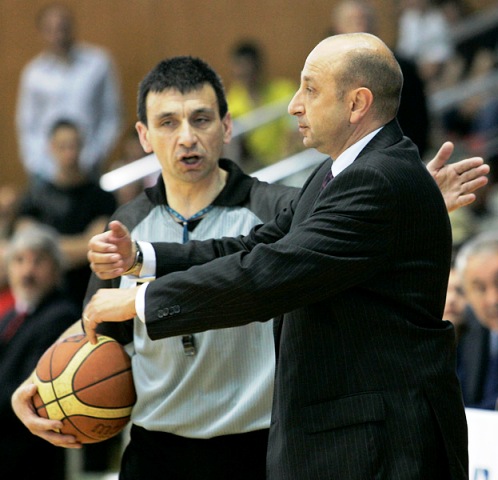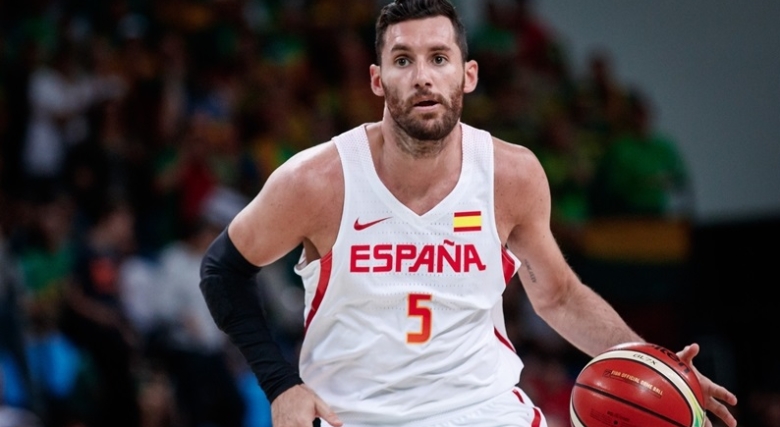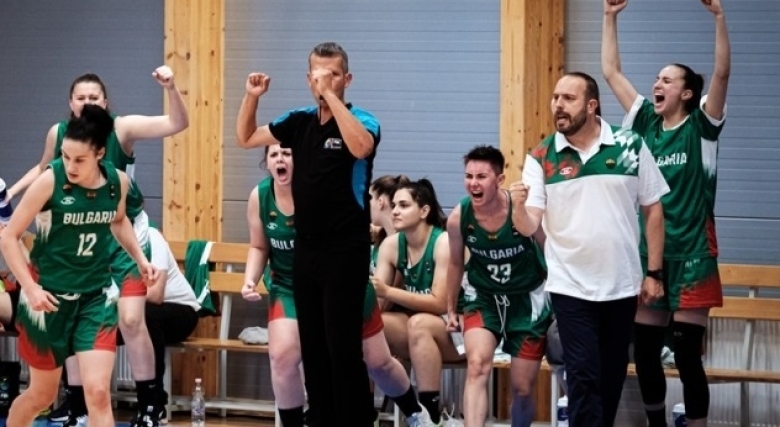List of things to make referees better
Professionalism: To me, this is the most important factor of all. A senior referee once told me "if you look the part - players will believe that you know what you are doing" and this is very true. Professionalism means several things; uniform, not shooting around during timeouts, half time etc, being on time and most importantly, treating the players, coaches and spectators with respect, no matter what happens. The game is there for them - not you!
Consistency: There is nothing worse than a referee that calls one thing at one end, but not at the other. Equally, there must be enough communication between referees to ensure that both officials are calling the same things. This goes back to the importance of a pre-game conference.
Confidence: This cannot be taught, but is vital to being a good referee. If you are hesitant with your call, and blow the whistle softly, no-one will believe that you are positive that you have made the correct call. If you can "sell" a call to a player with a strong whistle and firm, accurate signals, even the most doubting player will walk away thinking "hmm, well maybe I did do that". Obviously this is something that will come with practice, but it also requires that you have faith in your own ability.
Communication: This plays a major part in refereeing (and life in general). Communicate with your partner throughout the game, verbally, using body language and by making eye contact. Try and talk players through situations that don't require a whistle. However, you need to learn when to make the call, and you must be sure not to talk too much - the whistle is there for a reason! Remember treat the players with respect, never swear at or physically touch a player, regardless of the situation.
Know the Rules: It is not necessary that you can quote every article of the rules by number, but you must have a sound knowledge of the rules. Almost as importantly, you must have an understanding of the spirit of the rules. That is, you have to be able to adjust your refereeing to the level of the competition that you are refereeing. For example, if you are doing the Gold Medal game of the 2004 Olympics, you will (hopeful) run it differently to the first round of the local under 12's miniball!
Fitness: Although you don't have to be Superman (or woman), you must be able to at least keep up with the play. Make sure you stretch before the game, and train during the season to maintain (and improve) your overall fitness.
Be Human!: Referees are allowed to smile! Also, I have found that making the occasional joke can quickly diffuse a difficult situation. This is especially useful if you already know the people involved well. Warning: You need to be positive that your comment will not inflame the situation further, and you must be careful not to use any defamatory, discriminatory or obscene language.
Duane Galle - Australia

Dee Bost: It was important for me to play for Bulgaria
21-09-2016BGbasket.com spoke with an american point guard Demarquis "Dee" Bost who played this summer for Bulgaria men′s national basketball team for qualifications for Eurobasket 2017
more...

.jpg)
(1).jpg)
.jpg)



.jpg)
.jpg)

.jpg)


































